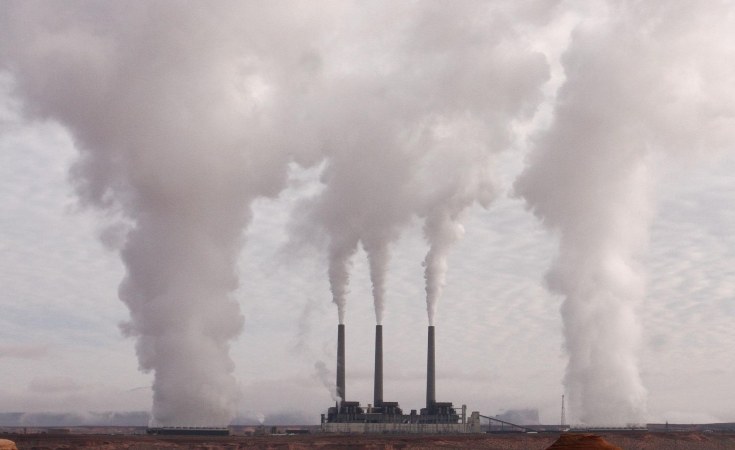Eskom has strained its coal-fired power facilities, causing four out of its 15 plants to violate government emission standards, according to a Reuters report confirmed by Eskom insiders.
These breaches have halted a four-decade trend of slowing particulate matter emissions, mainly ash and soot, forcing the government to make some tough decisions between providing consistent power or ensuring its citizens' health.
Eskom, which produces 80% of its electricity from coal, had formerly slashed particulate emissions by 75% following an upgrade initiative in the 1980s.
However, the current power outage crisis, predicted to dent this year's economic growth by a conservative estimate of 2%, has pushed Eskom to operate its facilities at heightened capacities, delaying essential upgrades.
Particularly alarming is the 35-year-old Kendal power station, which in recent data emitted between 10 and 30 times the limit.
Lauri Myllyvirta of the Finland-based Centre for Research on Energy and Clean Air warns of the heightened health risks, particularly in the impoverished Mpumalanga coal belt, where a concealed 2021 government report linked over 5,000 annual deaths to lapses in enforcing air quality standards.
Eskom faces potential legal consequences, with a hearing set for November regarding the Kendal plant's violations from 2015 to 2017.
In response, Bheki Nxumalo, Eskom's generation head, stated that repair efforts are in progress, with the ambition to have the majority of the plants compliant within two years.
Compiled by staff writer
Pictured above: Eskom power station
Image source: Twitter


